Miklos Szanho, Director General of the Center for Fundamental Rights, commented on the swearing-in ceremony from Warsaw, saying: "Karol Nawrocki’s victory is of enormous significance for Hungary and Hungarian sovereigntist forces. Another right-wing, patriotic, and sovereigntist president has taken the helm in Poland."
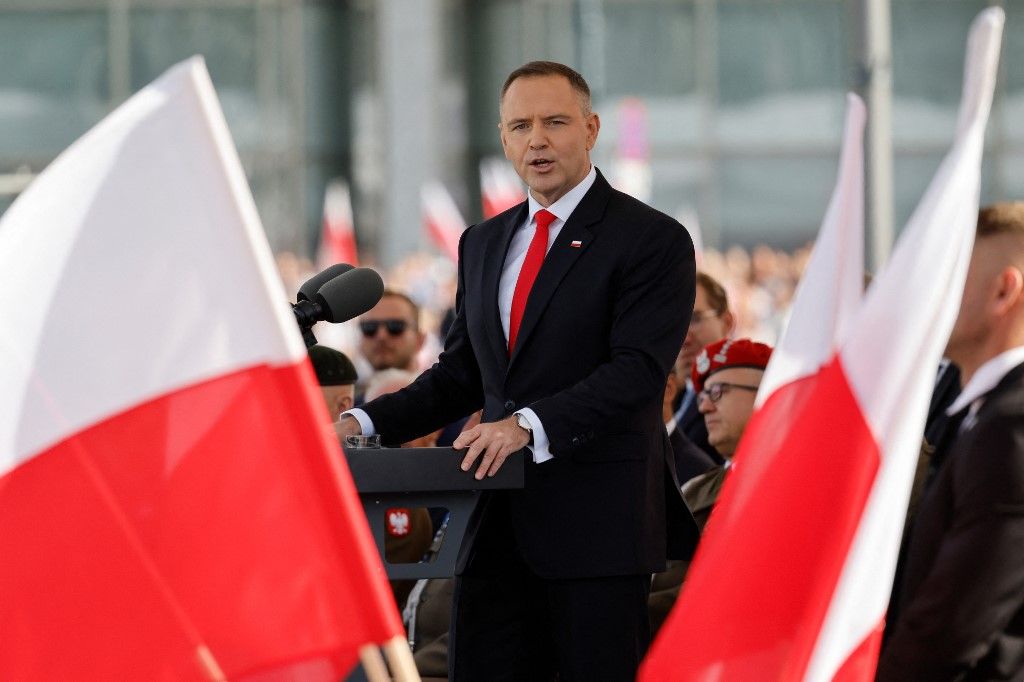
In the photo: Polish President Karol Nawrocki at the swearing-in ceremony (Photo: AFP/Wojtek Radwanski)
According to Szanho, had Nawrocki lost, the globalist camp—under Donald Tusk’s leadership—could have gained absolute power once and for all. Moreover, he added:
If Nawrocki hadn’t won, the local outpost of the globalists—Poland’s home-grown Peter Magyar, that is, Donald Tusk—might truly have believed he could do anything.
The director general pointed out that Tusk and his allies, playing into the hands of the globalist forces of the European People’s Party, have already been working to dismantle democracy: imprisoning opposition politicians, stifling the media, and using the rule of law as a mere tool for political vendettas. In contrast, Nawrocki’s election is a clear signal:
Nawrocki’s victory shows that even a well-organized globalist network, which in both Hungary and Poland has come to the support of the local leftist-liberal candidate, can be defeated by sovereigntist forces,
Miklos Szanho said. "The globalist network and their local agents lost in Poland, and clearly they can be—and will be—defeated in Hungary too," he stated, adding that there’s little difference between Donald Tusk and Peter Magyar; both are handled by Brussels and Manfred Weber.
Miklos Szanho: Karol Nawrocki can once again deepen the centuries-old Polish–Hungarian friendship
From a geopolitical perspective, it’s highly significant that Poland’s top leader is not a globalist liberal politician, but a patriotic, sovereigntist head of state. In Karol Nawrocki, Warsaw has a president who not only represents national interests but may also help restore the centuries-old Polish–Hungarian friendship, which was severely damaged in recent years by Donald Tusk and his allies.
The Polish president's powers range from appointing ambassadors and signing international treaties to vetoing legislation. Unlike the Hungarian system, in Poland, if the president vetoes a law passed by parliament, it can only be overridden with a three-fifths majority, which the Tusk government does not have.
Therefore, Nawrocki can act as a counterbalance to the globalist rampage that has begun in Poland recently, a demonstration of what the left is capable of when it seizes power,
Szanho emphasized.
As for Brussels, Nawrocki’s rise is significant from both European and international political perspectives. As he emphasized in his inauguration speech, the president stands for national identity, national traditions, and normalcy. At the same time, he opposes Brussels' centralization ambitions, gender ideology, globalism, and globalists. On the issue of supporting Ukraine, he represents a far more moderate stance—much closer to the Hungarian right’s position—than that of the Polish mainstream,
said the general director of the Center for Fundamental Rights.
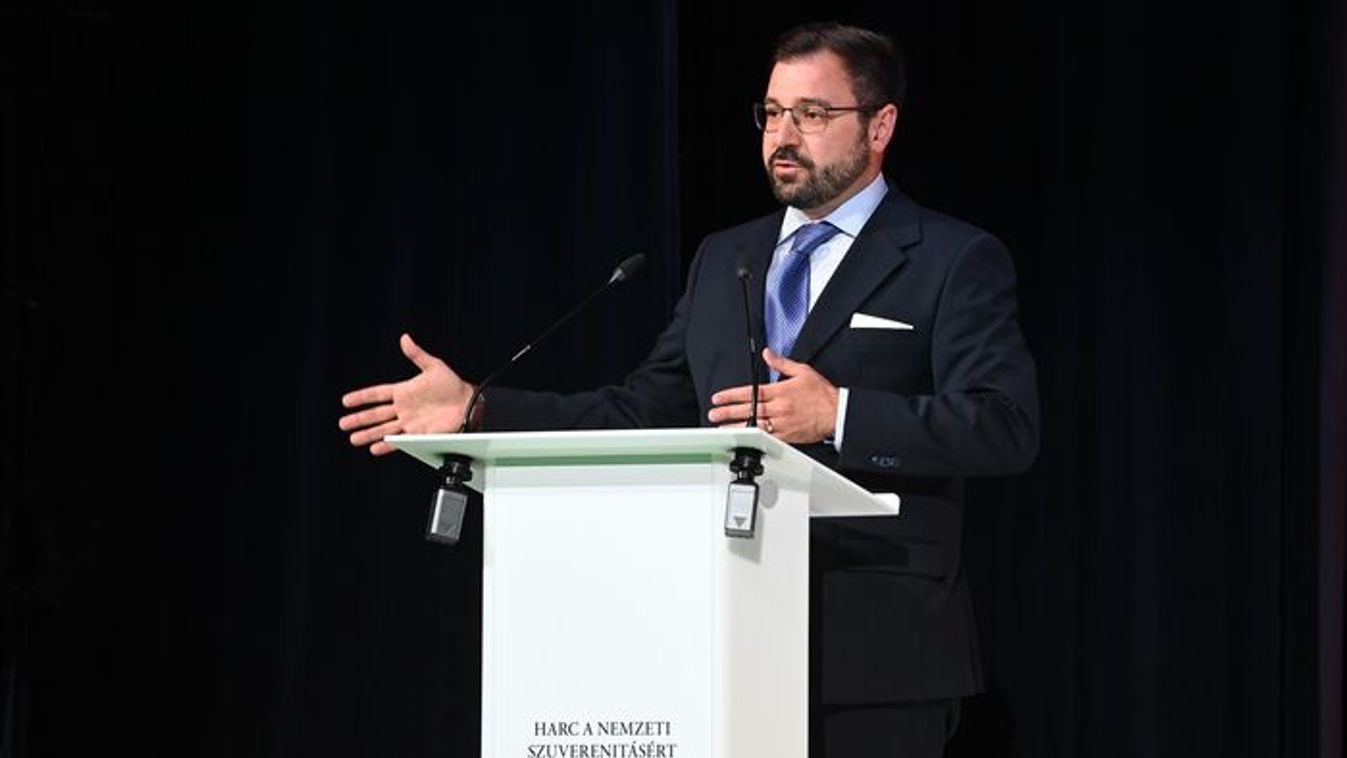
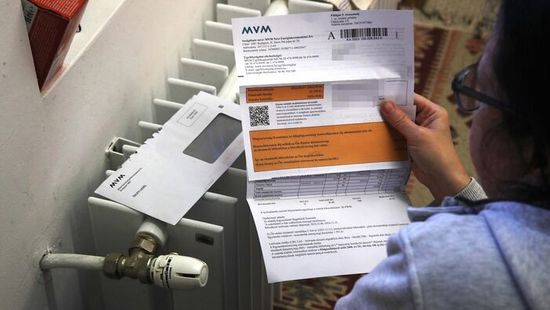
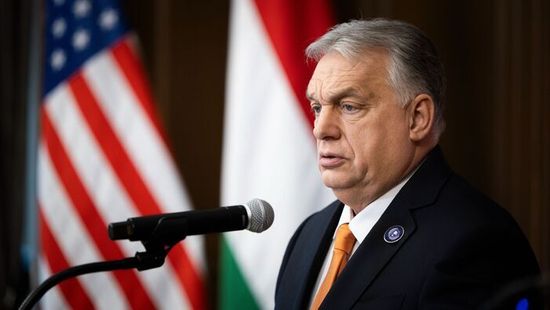
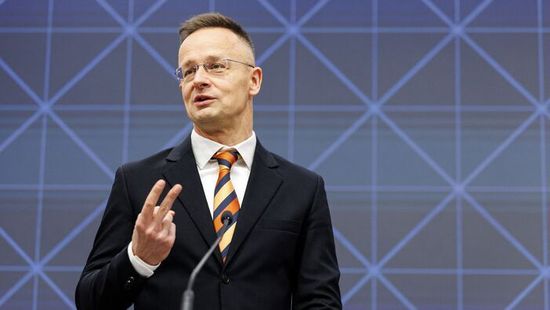
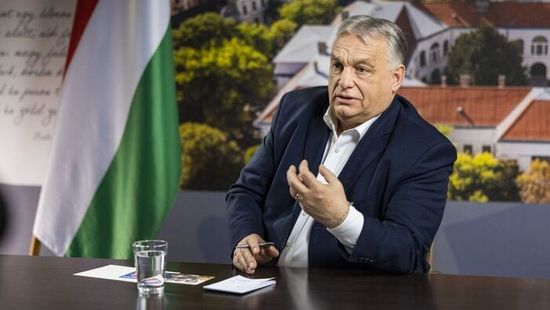

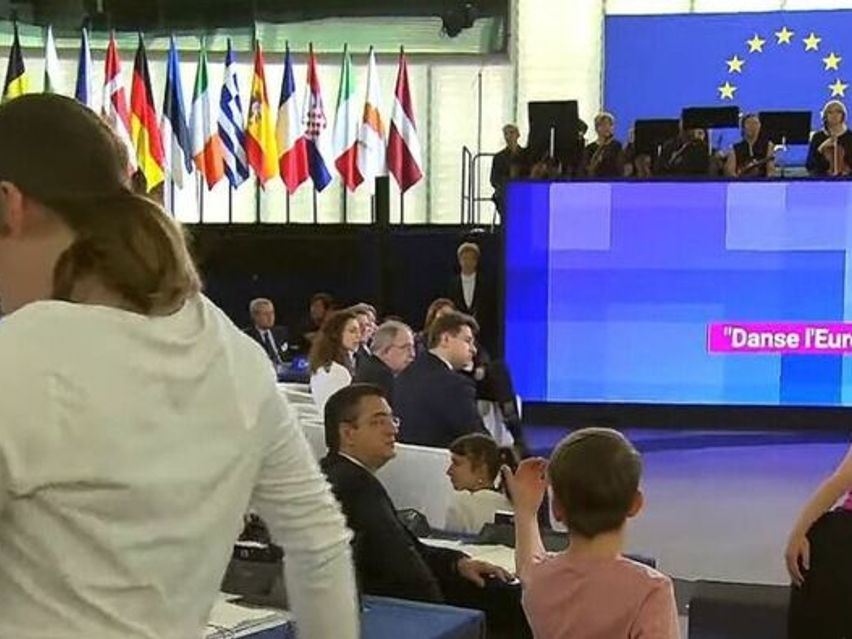







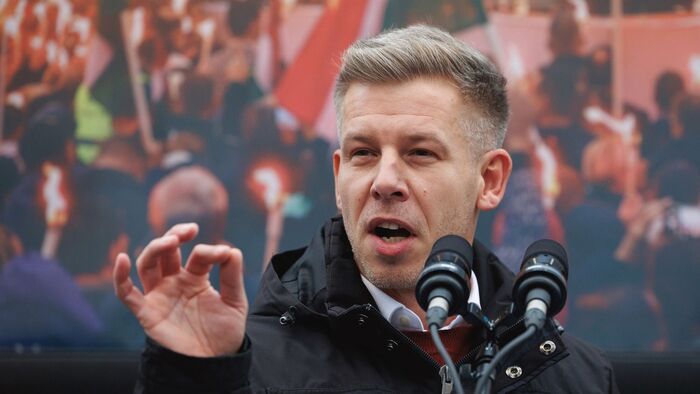
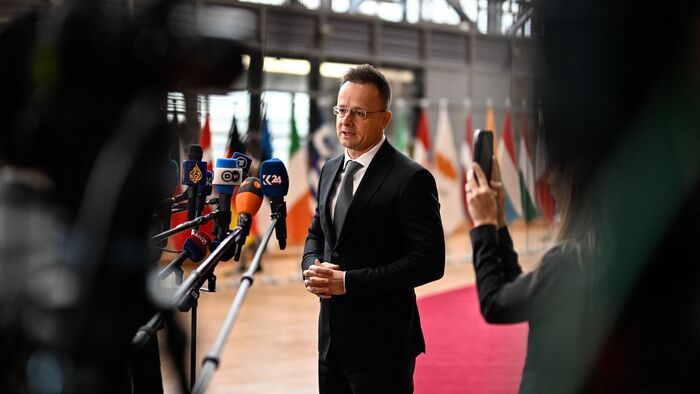
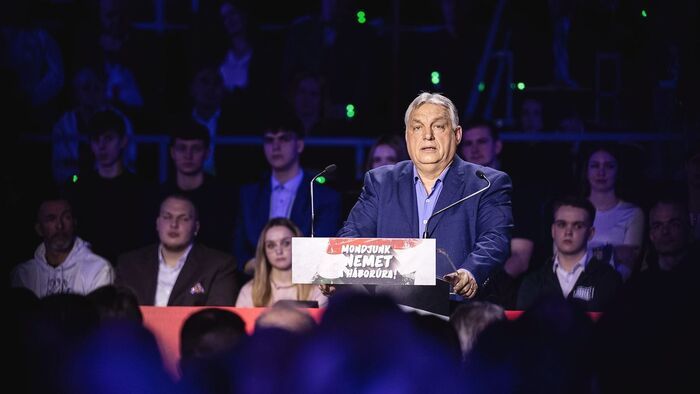
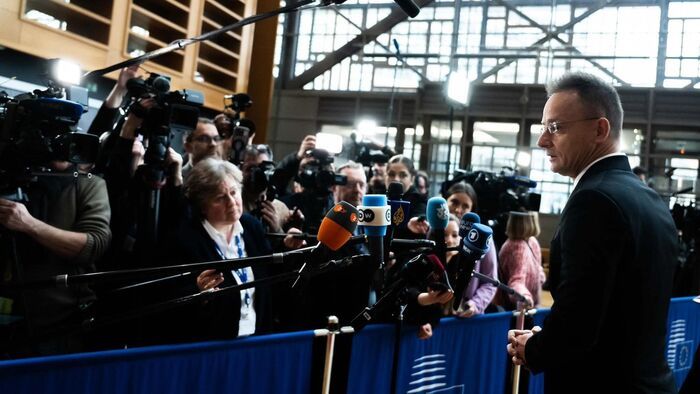





Szóljon hozzá!
Jelenleg csak a hozzászólások egy kis részét látja. Hozzászóláshoz és a további kommentek megtekintéséhez lépjen be, vagy regisztráljon!